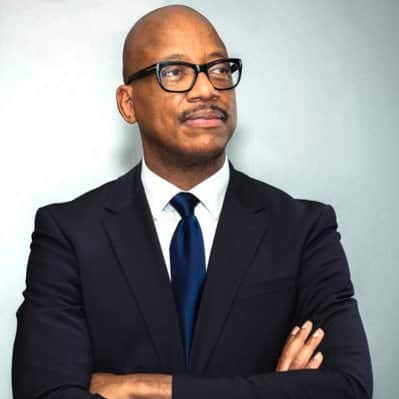‘Phenomenally infectious’ Omicron wave peaked in London just before New Year’s Eve, health chiefs say
and live on Freeview channel 276
The Omicron Covid-19 wave is thought to have peaked in London just before New Year’s Eve, health experts have said.
Cases of the variant, which spread rapidly during the festive season, causing chaos for Londoners’ Christmases, are believed to have begun decreasing just before December 31.
Advertisement
Hide AdAdvertisement
Hide AdDespite “phenomenally high rates”, the worst of the peak is thought to be over in the capital, Professor Kevin Fenton told a City Hall health committee today (Thursday, January 13).
“This wave peaked at rates in excess 2,000 per 100,000 cases,” Prof Fenton said.
“This was five times the rates at the beginning of November, and the peak [of the Omicron wave] occurred just before the New Year.”
At a meeting of the London Assembly’s health committee, public health expert Prof Fenton said the Omicron variant was the “most infectious agent I’ve ever seen in my practice”.
Advertisement
Hide AdAdvertisement
Hide AdHe said: “At the beginning of the emergence, it had phenomenal doubling times.
“Rates of Omicron had 1.7 to two days doubling times.
“Both the growth of Omicron and then the usual case rates, we have seen significant increases through the Christmas holidays and the New Year.”


However, cases have now begun to decline, including a drop in case rates in the over-60s, Prof Fenton, who is the regional director of public health in London and statutory health advisor to the Greater London Authority (GLA), told the committee.
He said: “There is a temptation to say that the worst is behind us.
Advertisement
Hide AdAdvertisement
Hide Ad“That might be true in terms of the peak but rates are still phenomenally high - four times higher than where we were before the wave started.”
He warned the people were still becoming unwell, causing staff absences, and stressed the need to adhere to Plan B measures ahead of a planned government review later this month.
While Martin Machray, Covid-19 director for NHS England, told the committee there was a “trebling” of admissions to hospitals but not the same rates of patients in intensive care units.
He also outlined plans for London’s Nightingale hospital, located at St George’s Hospital, in Tooting but confirmed there were “no expectations” the site would be used during this wave.
Advertisement
Hide AdAdvertisement
Hide AdHe said: “We were asked to create extra capacity to be used in extremis.
“That would be staffed - if necessary - by stretching existing staff and bringing in non clinical staff to look after our least sick patients, a less clinically rich staff mix than on a normal ward.
“We have no expectations in this wave that it would need to be staffed or used. We’ve grown ICU bed base over the last two years.
“Hospitalisations are now coming down, and hopefully we’ll never need them again.”